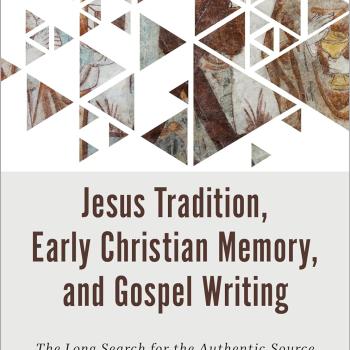It's time that the church in the United States did the same, but it has been a long time coming. In an essay entitled "Protestantism without Reformation," Dietrich Bonhoeffer reflected on his time in the United States just ahead of his return to Germany in 1939:
America calls itself the land of the free. Under this term today it understands the right of the individual to independent thought, speech, and action. In this context, religious freedom is, for the American, an obvious possession. Church preaching and organization, the life of the communities can develop independently, without being molested. Praise of this freedom may be heard from pulpits everywhere, coupled with the sharpest condemnation of any limitation of such freedom which has taken place anywhere. Thus freedom here means possibility, the possibility of unhindered activity given by the world to the church. Now if the freedom of the church is essentially understood as this possibility, then the idea [of freedom] is still not properly discerned. The freedom of the church is not where it has possibilities, but only where the Gospel really and in its own power makes room for itself on earth, even and precisely when no such possibilities are offered to it. The essential freedom of the church is not a gift of the world to the church, but the freedom of the Word of God itself to gain a hearing. Freedom of the church is not an unlimited number of possibilities. Freedom exists only where a "must," a necessity compels it on occasion against all possibilities.
Bonhoeffer was right then and his observation continues to have painful relevance today. It is little wonder that he found inspiration and hope in the churches of Harlem and not in the mainline Protestantism of Manhattan's churches. Until we shed the guilt-ridden entertainment of "all possibilities" and grapple with the "must" of our own message, his words will also continue to be relevant and neither Rob nor the church will be better off for our diffidence.
Writing here has provided an informal laboratory for Christian apologetics, and one of the things I have noticed is that there is a real difference between people who are looking for answers to their questions and people who quite simply disagree and want me to know that they do.
The former deserve an explanation for why Christians believe what they do. The latter might—some day. But for now, no measure of equivocation and feigned embarrassment for what I believe will draw that latter group into a conversation. For that circle of people even my willingness to offer reasons for my religious commitments often faces bald-faced, ad hominem explanations for the "real" and supposedly self-serving motives I have for being a Christian.
It's a bit like falling in love with someone and then offering countless doubt-ridden defenses for that love to people who are convinced the person you love isn't worth the commitment. If the "endless possibilities" don't resolve into a "must," then you are clearly not in love.
And the only honest, good gift we can give to Rob is to point out that he's not.





